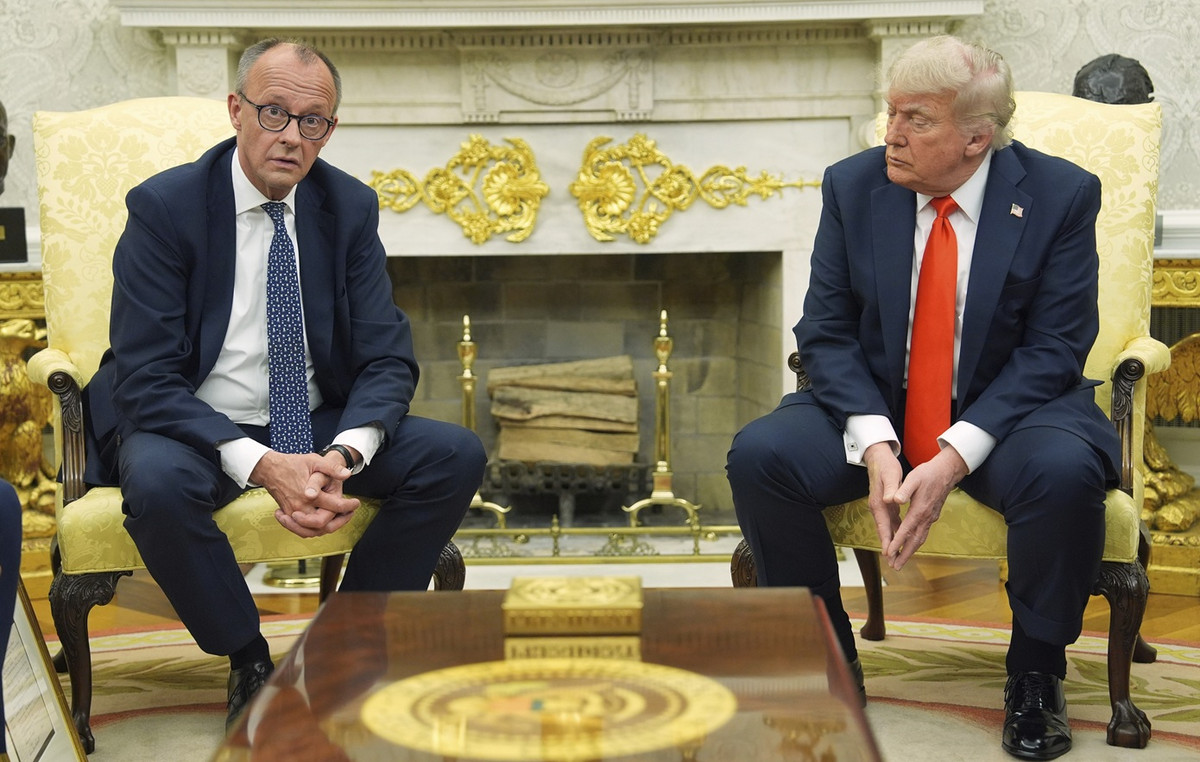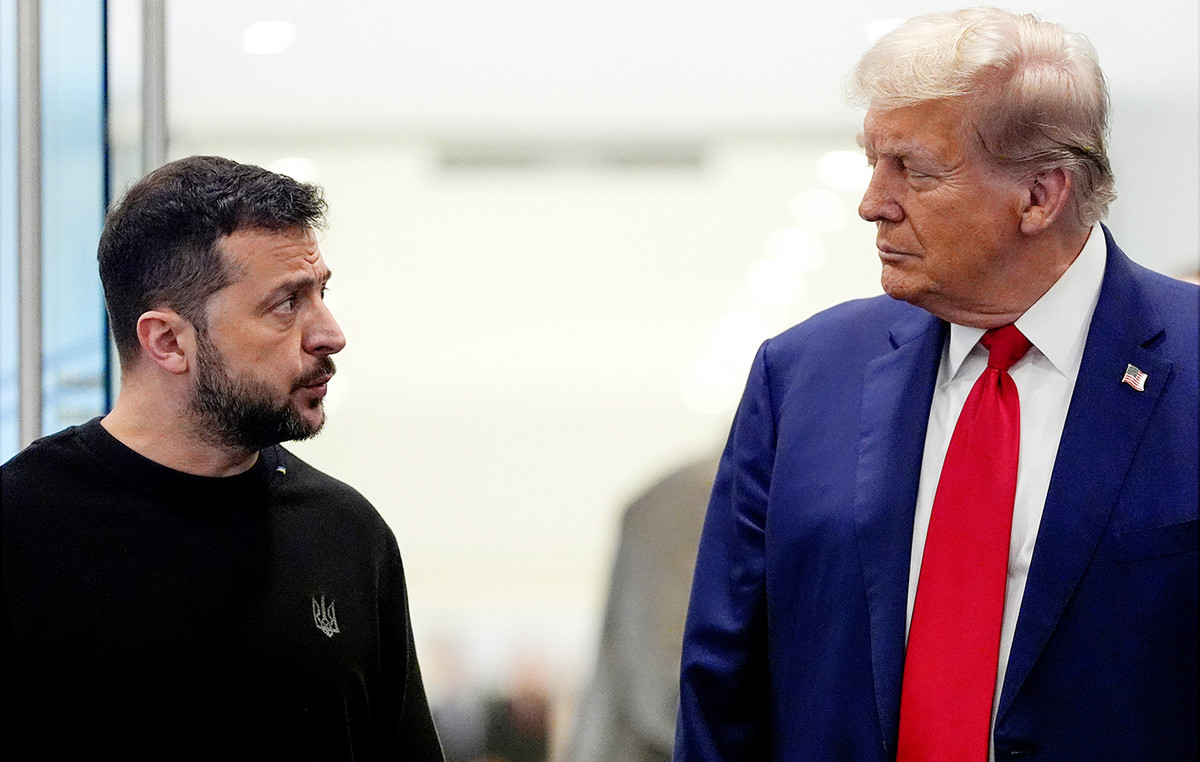The indicators of hospitalizations for Covid-19 should fall in the coming weeks in the state of São Paulo, a process that begins first in the metropolitan region of the capital and then advances to the interior of the state. This is the analysis that João Gabbardo, executive coordinator of the Scientific Committee on Covid-19, made to the CNN this Monday (7).
Gabbardo points out that, at the moment, there is a drop in hospitalizations in the wards – an indicator considered more accurate than the number of cases for the evaluation of the epidemiological scenario.
However, it is still not possible to see this reflection in ICU beds, but it is expected that in February this situation will be reversed.
“This pandemic always has two movements that have been repeated in other phases: the metropolitan region always starts to improve before the interior, and this is already happening”, he said.
“The most relevant indicator is hospital admissions, they are more accurate. What we notice is that there is a reduction in hospitalizations, while the most distant indicator is the number of deaths”.
According to Gabbardo, “in the coming weeks, the number of ICU admissions and, consequently, deaths should begin to decrease.”
Subvariant of Omicron
João Gabbardo also stated that Ômicron’s BA.2 subvariant, which has caused Covid-19 cases to increase in countries like Denmark, does not present major concerns for Brazil at the moment.
“This subvariant that appeared in some countries – in Denmark, it is the virus in its most present form –, despite having a greater transmissibility capacity than Ômicron itself, has mild symptoms. With our population almost fully vaccinated, we do not imagine that it could have consequences for public health”, he evaluated.
One of the biggest concerns, however, is the inequality in access to vaccines in different states and regions of the country – whether due to logistical difficulties or resistance of the population to be vaccinated.
The possibility of Covid-19 becoming a disease whose immunization is carried out annually was mentioned by him. “We believe that evolution will be similar to influenza. The virus changes annually, and we’re going to have to do vaccine updates maybe annually,” he said.
Source: CNN Brasil







